|
Article by Two Wise Chicks Post Design by Christy Zigweid Photo by quinntheislander via @WordSwagApp (Pixabay CC) It's exam season again, and we all know what that means... Photo courtesy of Pixabay by Counselling It may be the dreaded Exit Exams, end of year exams, College exams - whatever they're called, it's no picnic - and for many of us it leads to feelings of panic. We'll keep this short 'n sweet given that your eyes are probably weary from all the other reading (and breathing into a paper bag) you're doing. Our tips are evidence based and doable, and will help you feel less overwhelmed - promise. DO's: 1. Stick to your routine (studying, sleeping, eating) - now is NOT the time to make any big changes. 2. Use summary cards to whittle down your notes to key points. (Interesting fact: if you're dyslexic it really helps if you use yellow cards with red pen). 3. Eat - healthfully and regularly. 'Dieting' or otherwise restricting yourself in order to get your body 'beach ready' for the post-exam holiday is not a priority (see #1 above). 4. Sleep. You'll be tempted to pull all nighters. Understandable but ineffective. We need to have slept well to be able to reproduce learned material well. 5. Get out in the air. Exercise. If you feel too tired, it may be study induced inertia - get out and you'll notice your energy level will come back up. It will. And you'll think more clearly too. 6. Talk if (when) you are stressed, choose someone who will actually listen and be helpful. 7. Take a lot of breaks. 8. Study at a desk if possible, not in bed, or on a couch. (We have reasons for this but trying to keep this short ;)). 9. Wear the same perfume/ aftershave/ deodorant studying as when taking your exams (lots of scientific reasons for this). 10. Visualise yourself succeeding. Visualise yourself getting your results and being happy, getting that placement, result or even that job you want so badly. Mental rehearsal works (yes, there's proof of that too!) DON'T 1: Over-do caffeine or take vitamin supplements that you're not used to just because you heard or read somewhere that they help you concentrate. 2: Don't take those study drugs that people are trying to sell to students. All they care about is your money (goes for all drugs, but we digress...) and we know that the side effects can actually damage your performance. 3: Don't engage with relatives or adults who are pressuring you (as opposed to encouraging you) to perform well. They may well have their own regrets and are now foisting them on you. #NotYourProblem. 4: Don't tell yourself or others that you'll fail, not even jokingly. It's not kind and you wouldn't do it to someone else. It also falls into a negative mindset that can mess with your motivation. 5: Don't take fewer breaks now because you're running out of time. Now is the time for more breaks, because you're getting more stressed. It can feel counter-intuitive but it's true! 6: Don't talk to your friends before the exams if there's a chance it will make you anxious. It's OK to avoid people now unless they're supportive and calming. It's always ok to limit exposure to people and situations that are not supportive... 7. Avoid chats, FB threads and friends who are panicking and negative and lying about how much work they've done ("I still haven't opened a BOOK!!" - Right? You know the ones..). 8. Don't stop having fun - TV shows, Netflix, music or socialising that makes you laugh or feel good, keep doing them. Just not too late at night and remember to give your brain screen time rest for 30 mins before sleepy time. Photo courtesy of Pixabay by ClkerFreeVectorImages Students in their teens need 8-10 hours of restful sleep for optimum brain functioning. It's better to sacrifice study time than sleep time... it really is Stay as present as you can, breathe.... You've got this - and we've got your back! P.S. PLEASE add any tips you have that have helped you cope in the comment section below (you never know who you might be helping!). ABOUT THE AUTHORS Sally O’Reilly
Sally wants to help create a world of compassion for ourselves and others. A world where mistakes are allowed, gender roles don’t exist, sex ed in schools is a real thing and everyone dances – lovely! As a psychologist and psychotherapist in Ireland, she’s worked for nearly twenty years in private practice, with adults and trainee adults of all ages. She blogs on her own website, is a feature writer for super duper parenting website Voiceboks.com, does print and radio media work and has been known to Tweet. She’s the one running our Twitter page! When she’s not working, you will find her engrossed in Science Fiction or some dark and Danish TV show, listening to music, watching the sea (while really, really wishing it were warmer), or figuring out how to work Lightroom on her Mac. All while munching on Bombay mix. #multitasker! She’s happiest when dancing and erm…. her cat has his own Facebook page. We won’t link to that, it’s too embarrassing.. Tanya Tinney Tanya looks forward to living in a world where people know their worth, respect boundaries, and always have time for tea and chocolate. A magic bubble that protects her from sticky fingers, hormonal girls and dog hair would be awesome as well. Her education and much of her training is in the areas of psychology and human potential. She worked as a licensed psychologist for over 14 years, with 10 of those years spent building her own successful private practice. In total, she has over 20 years of varied experience working, volunteering for non-profit agencies, and consulting to small business. Most recently she has launched her dream online coaching practice where she gets to work with motivated, amazing women who need help overcoming life’s hurdles. Exciting times! She has lived in Ireland, Ethiopia (okay, just 6 months), Canada, and currently lives in central Texas with her husband, three girls (including fraternal twins), two dogs and three cats. When she’s not finding ‘everyday moments’ to write about here or on herown blog, you can find her being walked by her dogs, unearthing unidentifiable food-objects under the couch cushions or baking her famous banana bread. Tanya runs our Facebook page – and not to be outdone by Sally’s cat, her dog has its own Facebook page too.
0 Comments
Worry, anxiety, and addiction are often interwoven. For some people, it’s constant pressure and increasing anxiety that serve as the catalyst to developing an addiction. For others it works in the opposite way: having an addiction creates stress and anxiety – be it fear of disappointing loved ones, legal consequences, or a tough path of recovery. The key to successful recovery is learning how to cope with underlying mental health problems and the addiction itself. Worrying and Addiction Worry and addiction are cyclical in their relationship to each other. Individuals who suffer from chronic worry often experience physical discomfort such as sweating and rapid heartbeat. There is also the emotional discomfort such as feelings of fear and panic. Those suffering from anxiety may turn to addictive behaviors as a way to self-medicate and escape. On the flip side, the need to get a "fix" from an addiction creates anxiety, so it becomes a self-perpetuating cycle. A person suffering from addiction may become so focused on the euphoria they experience that they may constantly worry about how, when, and where they’ll be able to obtain their drug of choice. This is not limited to just drug abuse. In addition to drugs and alcohol, other behaviors such as spending, eating, sexual activity, cleaning, or even exercise are potential addictions for some people when the behaviors become excessive and uncontrollable. Raising your awareness about worry and anxiety, as well as your personal triggers, can help you break the vicious cycle of worry, anxiety, and addiction. Image via Pixabay by AdinaVoicu Raising Awareness about the Risks of Excessive Worry Experiencing concern about various situations in your life is normal and healthy. Excessive worrying, however, leads to anxiety. Learning to identify your triggers and acknowledging situations in which cannot cope can help you make healthier choices. Symptoms of excessive worry include:
Recognizing these symptoms is the first step. When you learn to identify triggers, you can turn to alternative coping methods, which can help avoid giving in to your addiction. Coping with Distressing Thoughts and Feelings People who do not constantly experience severe anxiety and worry may think it’s simple to deal with. They may think it’s as simple as forgetting about what has been stressing you, but it is not. There are, however, some strategies you can rely on to help you learn to develop alternative coping mechanisms. Worry is unavoidable, as it can stem from relationships and experiences. It’s a natural state of mind on some occasions, but it doesn’t have to be a destructive force in your life. These tips can help regain control:
Worry will come, but it doesn’t have to perpetuate an addiction, nor is it necessary to be dominated by worry and anxiety while recovering from an addiction. You can take control of your life and improve your sense of well-being. About the Author Sarah Lockwood is a concerned parent and former social worker. Having worked with the public for decades and after watching her own daughter struggle with addiction, Sarah knows all too well the devastation that can be caused by drug and alcohol abuse. Sarah’s daughter is now in recovery, but her experiences with substance abuse inspired Sarah to get involved with ThePreventionCoalition.org. She plans to spread awareness and support through her work for others dealing with addiction. While Sarah devotes a lot of time to the Coalition, she makes sure to relax and enjoy the small things in life, as every day is a gift.
Article by Nikki W Editing and Post Design by Christy Zigweid Photo made using @WordSwagApp Photo by debw07 via Pixabay CC The day my daughter was born was the day my eyes truly opened for the first time. When my heart swelled as never before, I suddenly became aware of a consideration much bigger than myself. Any concerns or preoccupations about the life I should have been living became insignificant as I was introduced to a reason for my existence. My real purpose in life. To care for this innocent being and enable her to become all she could be. Before I became a mother I struggled with periods of depression. During those times I would feel a great want for peace that could perhaps come if I just didn't exist. There were no cries for help or a want for attention, I had no intention of taking my life, I just felt the world wouldn't notice if I just wasn't there. As I compare the life I lead now (physically and emotionally) to the life I had back then I can't help but wonder if finding a purpose for one’s existence can overturn a life of depression. 10% of the UK’s population will experience depression in their lifetime. This critical illness is much more than simply feeling unhappy or fed up for a few days; we all go through spells of feeling down. It’s when you feel persistently sad for weeks or months and it’s something you can’t "snap out of" by "pulling yourself together." According to a recent study led by the World Health Organization (WHO), global failure to tackle depression is costing the world nearly $1 trillion a year in lost productivity and causing “an enormous amount of human misery.” The study urges the international community to make mental health a priority, as without scaled-up treatment, a staggering 12 billion working days – or 50 million years of work – will be lost to depression between now and 2030. As unique individual’s, depression can vary from person to person and can happen for one or more reasons. In many cases, the first time someone becomes depressed, it’s been triggered by an unwelcome or traumatic event, such as a bereavement, divorce, or assault. Occasionally it may appear for no obvious reason. Whatever the cause there appears to be left a lack of purpose to ones’ life that sits like an empty hole, thereafter getting filled in with a consuming sadness. Yet for me, in a single moment, my illness was lifted and replaced by something more worthy. Now, there are about a million things online telling you how to find your true purpose in life. If you're feeling unmotivated, unsure of yourself, aimless, can't find your passion, directionless, not clear on what your ultimate purpose is, it appears you’re in good company — many people are in the same boat. The journey to finding ones’ true purpose can be a lifetime of searching. This is different, having a life with no purpose at all gives us no reason to exist. As said by Ralph Waldo Emerson “The purpose of life is not to be happy. It is to be useful, to be honorable, to be compassionate, to have it make some difference that you have lived and lived well.” Whether we are conscious of this life aim matters not, the affect will be the same. We are all born with an innate drive to achieve an individual purpose(s). From the moment of our birth we naturally set ourselves developmental goals to achieve. This then, can be replaced by emotional targets ever changing as we evolve along our life’s path. Some are more consciously aware of their wants and then in-turn purpose to be strived for. Whereas other’s follow where the wind may lead, the purpose is still there. When we are stripped of this reason to live, our innate drive has nowhere to direct itself and therefore self-grieves until we can give it a new goal to work towards. Finding a purpose big enough to shed the depression cloak is no small feat but conscious effort loosens its hold. Deciding to do something to help yourself is the most important conscious step you can take. Try to recognise patterns of negative thinking when you are doing it, and replace it with a more constructive activity. By connecting with others and participating in the environment around you, your drive is given an opportunity to discover a new focus to its attention that might otherwise be ignored. Let awareness of purpose arm you with strength to over-turn your depression. About the Author
Article by Paul Banuski Post Design by Christy Zigweid Edited by Maureene Danielle Photo made using @WordSwagApp I recently marked two years since my suicide attempt. Two years of avoiding alcohol, of taking medication, going to therapy and trying to remind myself that I’m good enough to keep staying around. Some days are certainly easier than others and I’d be lying if I said I wasn’t troubled or tempted or haven’t been tested over the last two years- hell, in the last two weeks. But so far I have fought off every single attempt to knock me off of the path of recovery and self-improvement. To be honest with you, the hard days are still really hard and I think it’s possible that I’m only one bad day away from failing. The road ahead of me stretches out, winding through deep valleys and shadows, with who knows what waiting for me, lurking around each bend. There are days when I worry how much progress I have made and I fear that it’s laughable how I struggle for inches rather than miles. And all those miles still to go… Well, it is a trick of perception. When you live with depression, you can pick up on these tricks. After all, that’s what depression does- trick your brain into pain and anger and sadness. In my most recent therapy session, we spent some time going back over my progress so far. How when I came to therapy two years ago, I would struggle with things that I do today without a second thought. I have managed to reign in some of my worse impulses (the quick and cheap relief of getting drunk) and to tackle problems head on rather than turn my head away, hoping they will disappear. I can throw the brakes on my train of thought when it begins to speed up and threaten to careen off of the tracks. Mindfulness practice has taught me to recognize negative and judgmental thoughts, and to process them in a healthy way. When I take a longer view I can see just how far I have come and how different I am from the man I was two years ago. I now worry less about the years to come and try to live the moment, and to take each day as it comes. And if I pause once in a while by pulling back and looking down the road ahead with fresh eyes, I can still see the valleys and I can still see the dark corners, but they are broken up by gentle rises and bright straight stretches. And then I refocus on the present day. About the Author
Dear Suicide: Please stop trying to convince me I am not worthy of love, respect, feeling my feelings, and living. I have a mental illness but it doesn't define me and I'm sorry you can't handle that. I know you want my illness to take over and pull me into the depths of self-hatred. You get your power when I'm convinced I'm not worthy of this life. You are a coward. And I'm done listening to you. Today I am taking my power back. Today I am going to take it one step at a time and turn my back on you. I no longer need your false validation to convince me people are better off without me, that this life is full of nothing but pain. I'm better off without you. For so long I've sat with you on my shoulder, turning to you when life gets too hard, when I'm cruel to myself, and when others' words hurt me. Surprisingly enough, you have been a comfort to me. Because I've always seen you as an option. But you are NOT and option any longer. You are NOT a comfort to me. You've fed off my insecurities and I'm sick of it. I hate you for intensifying my emotions and experiences to the point of feeling I have no other choice. I hate you for taking advantage of my weaknesses. I hate you for sitting on my shoulder and comforting me in my times of darkness. Today, I will join with my support system to kick you to the curb. While I'm not successful 100% of the time keeping you at bay, know that if you try to come back in I will kick you to the curb again and again and again. I will no longer let you control me. I will no longer miss out on the precious moments I too often fail to recognize. And most of all, I will no longer feed into your power and negativity. Because it is false. Because it is not the truth. And because I know deep down I am stronger than you. So good-bye suicide. Pack your bags and head to the door. You are no longer welcome here. Sincerely, I'm Too Strong For You *If you've attempted suicide or thought of suicide, THANK YOU for holding on. I'm glad you are here.
About the Author Christy Zigweid is a writer, household CEO, wife of a musician, and mother to two great kids. She holds a bachelor’s degree in elementary education and special education and has been a stay-at-home mom since 2007. A fighter of depression and anxiety, she uses her words to inspire and offer hope. She is an advocate for mental health and suicide awareness. "A New Beginning," her first published short story is featured in Mosaic: a Compilation of Creative Writing, which was published March 2015. She also has a short story featured on Short Fiction Break titled "1,862 Days." If you don’t see her nose stuck in a book, you will likely find her behind a computer screen or spending time with her family.
Visit her website: www.christyzigweid.com Follow her on Pinterest Article written, edited, and designed by Christy Zigweid Photo created using @WordSwagApp Photo by ElasticComputeFarm via Pixabay CC **TRIGGER WARNING** Suicide. It’s a nasty word we like to push under the rug and ignore. It’s an ugly stepsister and a relative we’d like to forget. But I assure you it is very real. And it’s time to start talking about it. I’d like to share with you some statistics about suicide (http://afsp.org/about-suicide/suicide-statistics/): Those are some staggering statistics, don’t you think? I’ve never been personally affected by someone’s suicide before, but I have lived on the other side of suicide. It’s a horrible place to be. It tears at your soul and convinces you there is no other way and your loved ones are better off without you. You swear you are a burden to them. I’m here to tell you…nothing could be further from the truth. Our minds, when living with mental illness, are different. We aren’t martyrs or looking for attention. We are looking for a way out of the constant struggle and pain of living with mental illness. And in our minds, suicide is usually the only way out. When we get to this point, we can no longer make logical choices, especially when faced with strong emotions and thinking. When we get to this point, we are no longer in charge of ourselves. What to Do When the Emotions are Too Strong and You Want to Give Up Take yourself in a quiet room and allow yourself to feel the awful emotions. Too often we medicate them or ignore them until they get so big we can’t ignore them. GIVE YOURSELF PERMISSION to FEEL those emotions. Release them in whatever way necessary, but do not punish yourself, harm yourself, or harm others. Do not let suicide win. Stay strong and know there is help. Here are a Few Things you Need to Have The first, and BEST thing you can do is have a supportive network. Sometimes this doesn’t come in the form of family, but in friends and those who have shared the journey. Getting medical care is also a top priority. While medication and therapy may not be for everyone, the option is there. Taking care of yourself should be a priority as well. Eating right, exercising, and being kind to yourself should be part of your daily life. If you fear for your safety, have someone lock up things which may be harmful to you; pills, guns, anything you can get away from your reach which you would use to harm yourself. This is not a sign of weakness or that you are a horrible person. It’s just that right now, you can’t be trusted with those things. And you have to allow yourself to let others protect you when you cannot protect yourself. Lastly, it’s important to have a safety plan (you can find a copy of one HERE), because the truth is, suicide may likely come up, and you need to have a plan for combating it, especially when you can’t think clearly for your self. Take some time, when you are feeling well to sit down with your support system and get your plan ready. Post it where you can see it and when you feel yourself falling into that hole, pull it out and use it as a resource. Let it do the thinking for you when you cannot do it for yourself. Living with mental illness is a struggle. But it CAN be managed. Thank you for staying here, even when it is hard to do so. If you have thought about or attempted suicide in the past year, the past month, the past day, or the past hour, HOLD ON. Tell someone. Call The National Suicide Prevention Lifeline at 1-800-273-TALK (8255) or 911 immediately if you are in danger. ABOUT THE AUTHOR Christy Zigweid is a writer, household CEO, wife of a musician, and mother to two great kids. She holds a bachelor’s degree in elementary education and special education and has been a stay-at-home mom since 2007. A fighter of depression and anxiety, she uses her words to inspire and offer hope. She is an advocate for mental health and suicide awareness. "A New Beginning," her first published short story is featured in Mosaic: a Compilation of Creative Writing, which was published March 2015. She also has a short story featured on Short Fiction Break titled "1,862 Days." If you don’t see her nose stuck in a book, you will likely find her behind a computer screen or spending time with her family. Visit her website: www.christyzigweid.com Follow her on Pinterest This article originally appeared on www.christyzigweid.com
|
Build Your Action Based Stress Reduction System
Popular PodcastsOlympian Suzy Favor Hamilton - From Fame to Prostitution to Advocacy
Hall of Fame Basketball Star Chamique Holdsclaw on Mental Resilience Diana Nightingale on her husband Earl Nightingale's Principles for Mental Health Success JoAnn Buttaro on Date Rape & PTSD Survival Story: Its Never Too Late Gabe Howard on BiPolar Advocacy Phil Fulmer on Teen Suicide Prison, Bipolar and Mania with Andy Behrman Columbia Univeristy's Dr. Rynn on OCD Archives
March 2018
Categories
All
|


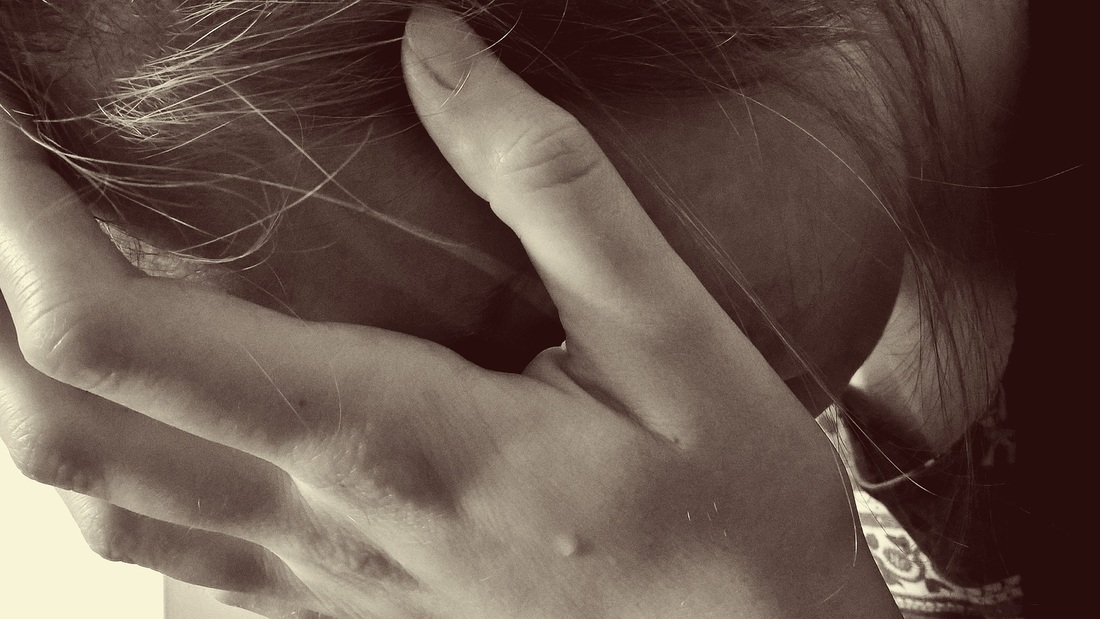



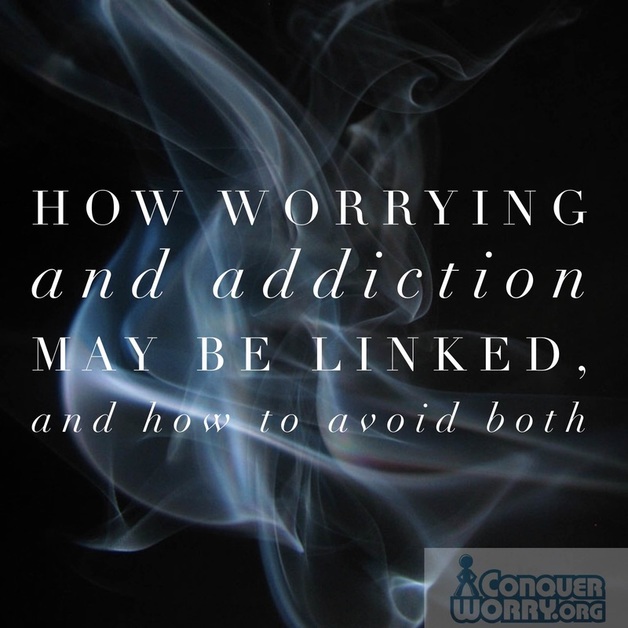

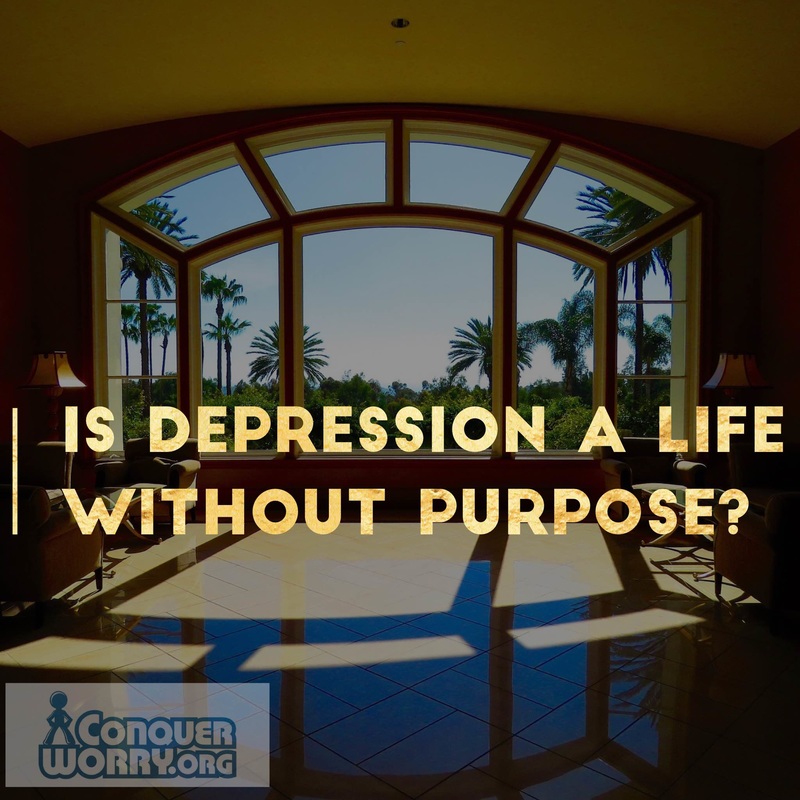

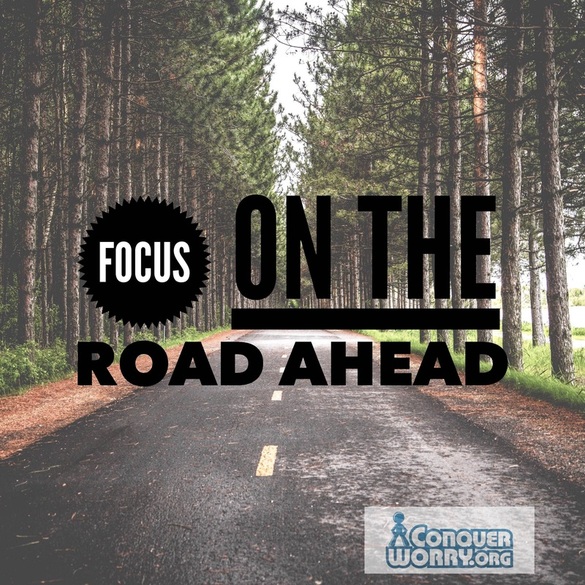

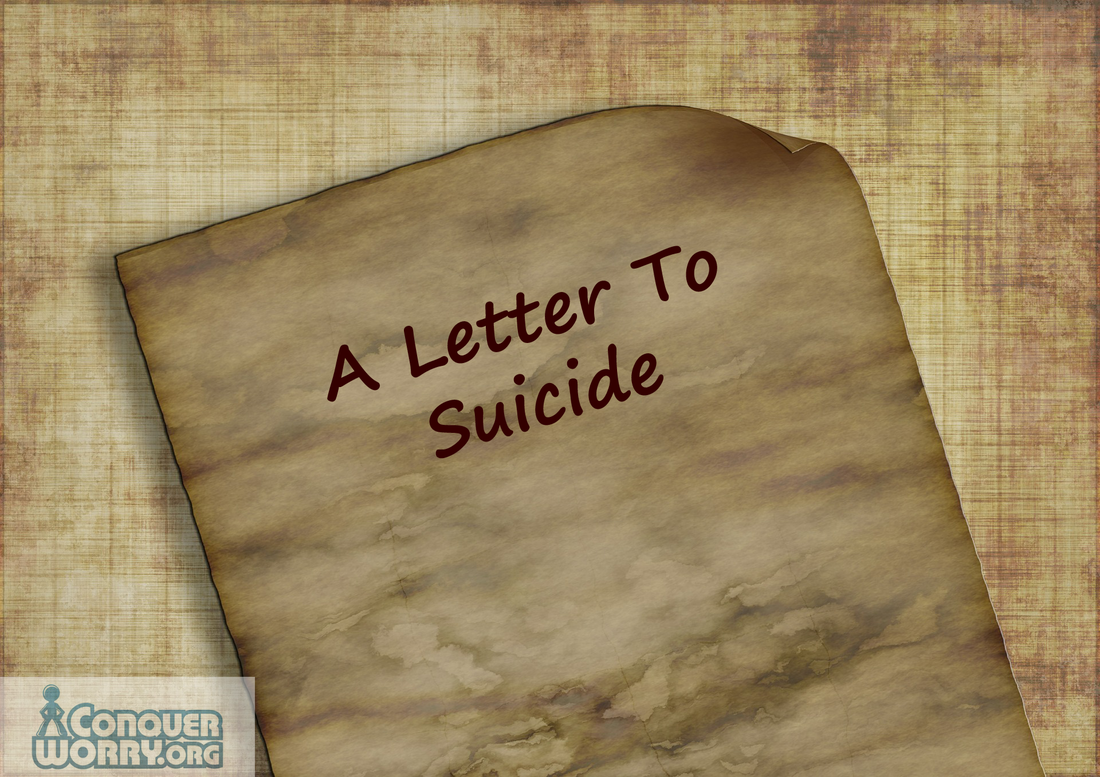
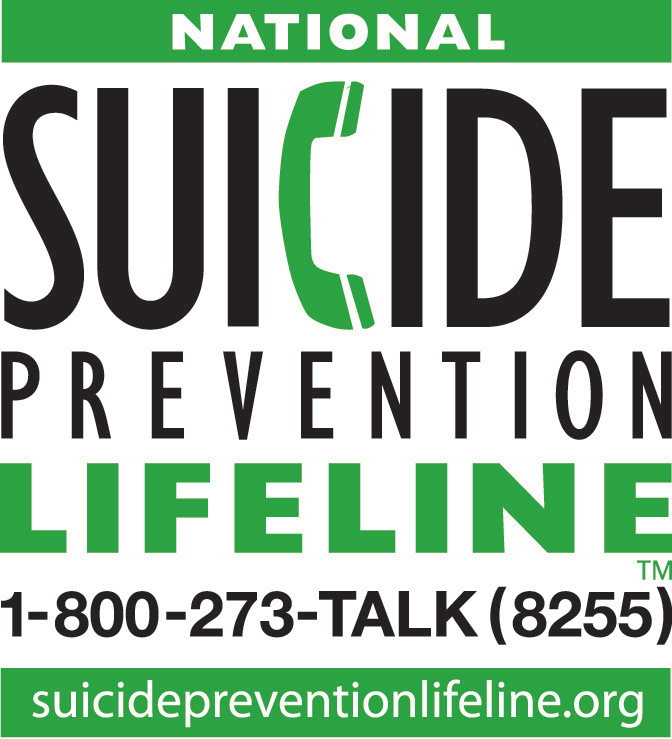

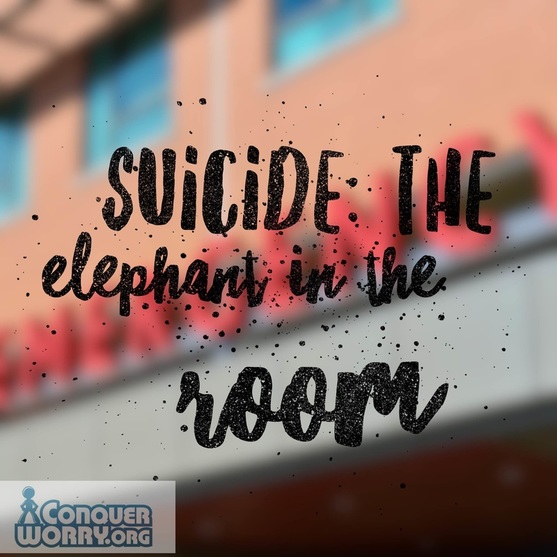
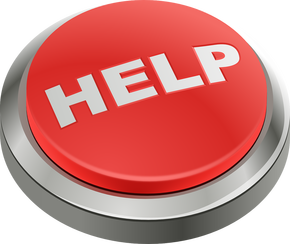
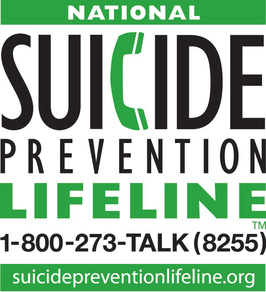


 RSS Feed
RSS Feed





